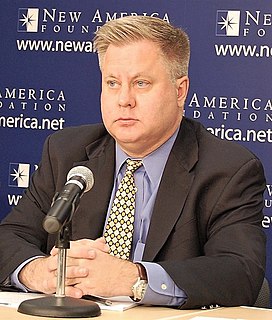A Quote by Alan Greenspan
At the risk of some oversimplification, if the skill composition of our work force meshed fully with the needs of our increasingly complex capital-stock, wage-skill differentials would be stable, and the percentage changes in wage rates would be the same for all job grades.
Related Quotes
Minimum wage laws tragically generate unemployment, especially so among the poorest and least skilled or educated workers... Because a minimum wage, of course, does not guarantee any worker's employment; it only prohibits, by force of law, anyone from being hired at the wage which would pay his employer to hire him.
Since it is to the advantage of the wage-payer to pay as little as possible, even well-paid labor will have no more than what is regarded in a particular society as the reasonable level of subsistence. The lower ranks of labor will commonly have less, and if public relief were afforded even up to the wage-level of the lowest ranks of labor, that relief would compete in the labor market; check or dry up the supply of wage-labor. It would tend to render the performance of work by the wage-earner redundant.
[Martin Luther King, Jr.] would want us to celebrate him, his birth, and his legacy by acting upon his agenda, by realizing the dream, by making the minimum wage a living wage, by having not just family and medical leave, but paid sick leave for our workers, [and] by having quality, affordable child care so that our families, the power of women can be unleashed in our economy and in our society.
Firms don't just try to pay as little as possible to get the needed bodies on board; when there is unemployment, they ask themselves how wage cuts would affect the behavior of the employees. Would they quit or feel dissatisfied and work less hard on the firm's behalf if they feel that wage policies are unfair?
Individual price and wage changes will not be prevented. In the main, price changes will simply be concealed by taking the form of changes in discounts, service, and quality, and wage changes, in overtime, perquisites and so on…. But to whatever extent the freeze is enforced, it will do harm by distorting relative prices.

































